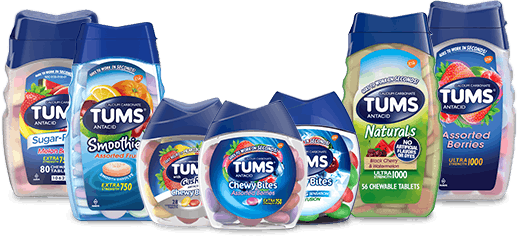Foods to Eat During Your Pregnancy
With so many changes taking place in your body, making sure you’re well-nourished during your pregnancy is vital. Now that you’re eating and creating a new foundation for two, knowing what types of foods as well as vitamins and nutrients you’re getting, will be important for your health and the health of your baby. Below we touch on what foods to eat during pregnancy as well as what foods to avoid early on in your pregnancy to ensure optimal overall health. After all, making good diet decisions is critical to your baby’s development.
Let’s begin with the food groups. Knowing your food groups and trying to incorporate key nutrients into your diet based on each one can be an easy place to start.
1. Fruits and Vegetables:
Fruits and veggies are likely already a large part of your diet, but ensuring you’re getting enough nutrients during your pregnancy is even more important. Vitamin C and folic acid are just two of the most common. According to the American Pregnancy Association, pregnant women need at least 70mg of vitamin C daily, which can be found in oranges, honeydew, tomatoes, broccoli, and Brussels sprouts. However, some high nutrient foods like oranges and tomatoes are best eaten alongside a whole meal, as their acidic content can potentially trigger heartburn when eaten alone. Folic acid helps prevent neural tube defects and pregnant women need to receive at least 0.4mg of folic acid per day. Foods with folic acid include dark leafy greens, black-eyed peas, and black beans.1.
2. Bread and Grains:
Carbohydrates provide the body with one of its main sources of energy. That being said, for pregnant women, eating whole grains and enriched products in this food group is needed to receive B vitamins, fiber, and iron. Be sure to consult with your doctor on how many breads and grains you should consume based on your weight and dietary needs.2
3. Protein:
Foods high in protein provide us with iron, a mineral that helps carry oxygen to your growing little one as well as to your muscles. Consider consuming protein such as fish, eggs, beans, and meat. Protein is especially key in the second and third trimesters.3
4. Dairy:
Pregnant women need at least 1000 mg of calcium daily to support them throughout their pregnancy. Calcium helps with nerve and muscle function as well as blood clotting and building healthy bones. Sources of calcium you should consume include, but are not limited to: milk, cheese, cream soups, etc. Be sure to consult with your doctor on how much calcium and dairy you should consume on a regular basis.4.
Foods to Avoid During Early Pregnancy
You may experience heartburn for the first time during pregnancy or find it becoming worse. In fact, it's fairly common to experience heartburn during pregnancy, with it being reported by 17 – 45% of pregnant women5. Keep eating foods that are good for you and investigate these food heartburn triggers to help reduce the risk as much as possible. A few food triggers to consider include:
For more information on how changes during pregnancy can affect your eating habits and the occurrence of heartburn, be sure to check out the TUMS site for more information.
References
Why You Should Talk to a Doctor or Pharmacist About Antacids
- Diet During Pregnancy. American Pregnancy Association. https://americanpregnancy.org/pregnancy-health/diet-during-pregnancy/. Accessed 5/21/2020 Referenced text is in a red box in sourcing document.
- Ibid.
- Ibid.
- Ibid.
- Heartburn in Pregnancy. US National Library of Medicine. https://www.ncbi.nlm.nih.gov/pmc/articles/PMC4562453/ Accessed 6/22/2020. Referenced text is highlighted in the sourcing PDF.


